The time kids’ teeth take to grow back is about 4 to 8 months after the baby’s teeth fell out. But everyone is different, so it might be a bit faster or slower for others.
Kids start with their baby teeth, also called milk teeth. Around age 6, you’ll notice the first set of permanent molars showing up in the back of their mouth. These are their big chewing teeth. As your toddler gets a little older, usually between 6 and 8 years old, their incisors join the party. Those are the flat teeth in the front that help them bite into things like apples.
Between 9 and 13 years old, canines and premolars of kids start to show up. Canines are those pointy teeth, and premolars are the flat ones next to canines.
The last set of molars usually comes in when the child is a bit older, in late teens or early twenties. Molars are also called wisdom teeth. Even though we have this general plan, some kids’ teeth follow different schedules. Some kids might get their teeth a bit earlier or later, and that’s completely okay.
If you ever have questions or concerns about your kids’ teeth, it’s a good idea to talk to a dentist. They’re experts who can help make sure a smile is healthy and growing right. Everyone’s smile is unique, and that’s what makes each of us special.
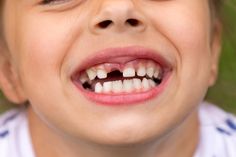
Causes of Delayed Permanent Tooth Growth:
Several factors can contribute to the delayed growth of permanent kids’ teeth
Genetics
Genetics plays a significant role. Kids’ teeth development is often inherited from their parents. If you or your family members had teeth that appeared a bit late, your toddler might have inherited this special trait. It’s like a toothy family tradition.
Nutritional Deficiencies
Let’s talk about the essential nutrients for your Kids’ teeth – vitamin D and calcium. These essential nutrients are like the power duo for healthy tooth growth. You can find them in everyday foods like fruits, veggies, and dairy products. So, consider these nutrients the architects of your toddler’s strong and resilient teeth.
Poor oral hygiene practices
Poor oral hygiene can lead to gum disease and infections. This slows down the natural growth of permanent teeth. Encourage your child to embrace brushing as a daily ritual. The presence of extra teeth or the absence of certain teeth can also disrupt the normal sequence.
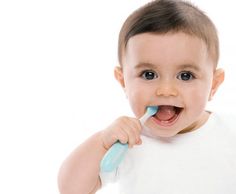
developmental disorders influence the time kids’ teeth take to grow back
Various developmental disorders i.e. cleft lip and palate can impact tooth development. These diseases lead to structural and positional abnormalities. These conditions can influence tooth development, requiring special attention. These disorders affect the formation of dental tissues during the fetal stages.
hormonal imbalances
Hormones play a crucial role in the growth and maturation of different body tissues. The hormonal system affects the formation of teeth from the early stages of development. This influence continues through childhood and adolescence.
You need to observe your child’s dental development. Consult with a dentist if you notice significant delays or irregularities.
Consulting a Dentist for Late Permanent Tooth Eruption:
Parents need to take an active role in their kid’s dental health. If your toddler’s grown-up teeth are not showing up, it’s smart to talk to a dentist. The dentist can look, do some tests, and find out if it’s just normal or if there’s something that needs fixing.
Early help is really important to make sure your child’s teeth grow well. If there are any issues, the dentist might suggest treatments called orthodontics. These treatments can help guide the kids’ teeth to grow correctly and fix any problems.
Regular Trips To The Dentist
Starting regular trips to the dentist from a young age is important. Imagine the dentist as a friend for your child’s teeth. They keep an eye on how the teeth are growing and catch any issues early. Dentists share helpful tips. They suggest ways to ensure your child’s teeth grow up healthy and strong. So, keep those dental check-ups on the calendar.
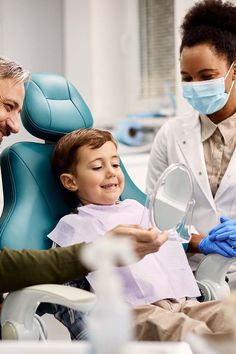
Frequently Asked Questions :
At what age do kids start losing their baby teeth?
The average age for the start of tooth loss is around six years old.
Is it normal for permanent teeth to come in at different times for different kids?
Yes, variations in the timing of permanent teeth eruption are normal.
How can parents reduce their kid’s anxiety about losing teeth?
Open communication, reassurance, and positive reinforcement can help ease anxiety.
Are there specific signs that show a kid might need orthodontic intervention?
Irregular tooth alignment or persistent issues should prompt a consultation with a dentist.
When should kids begin using fluoride toothpaste?
It’s good to start using fluoride toothpaste when a kid can spit, usually around age two or three.
Is thumb-sucking harmful to teeth development?
Prolonged thumb-sucking can influence teeth alignment. It is advisable to address this habit early.
What role do genetics play in teeth development?
Genetics influence the timing and sequence of tooth eruption, so family history is a factor to consider.

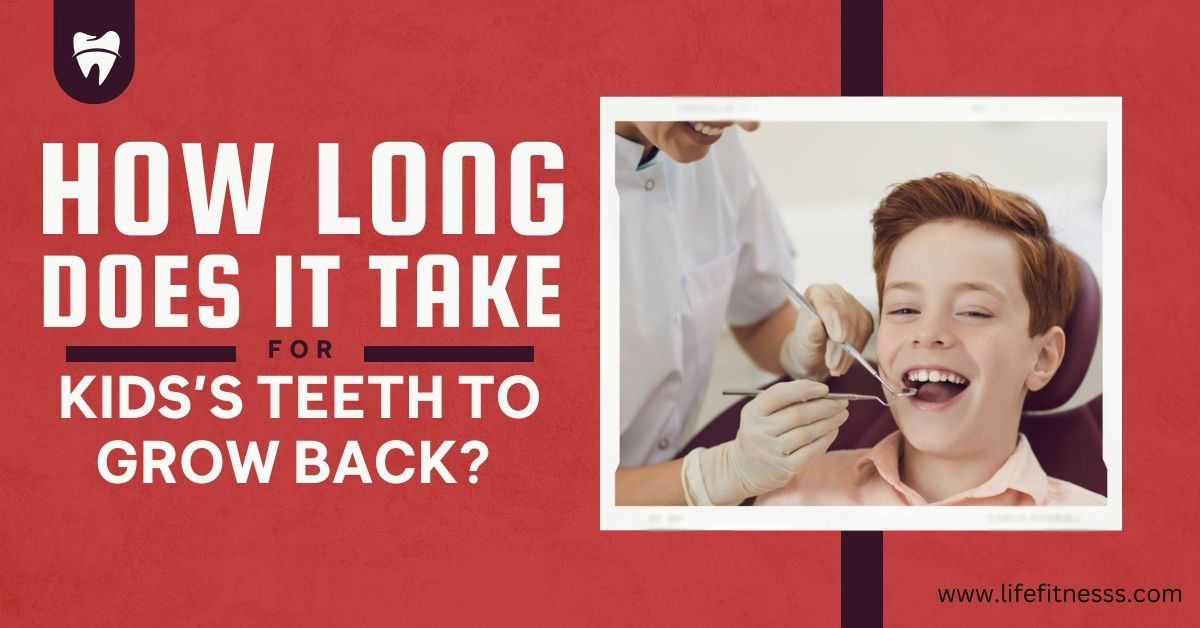






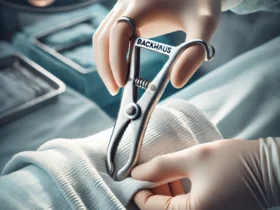

Leave a Reply